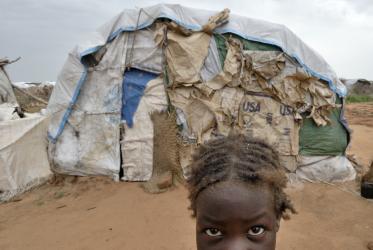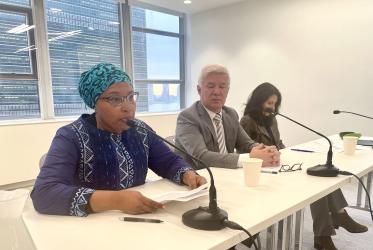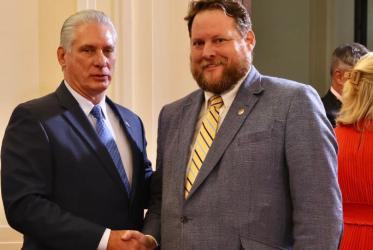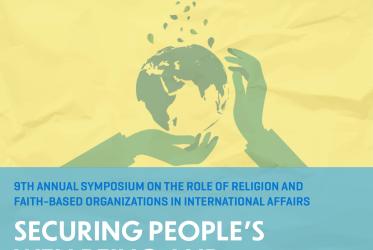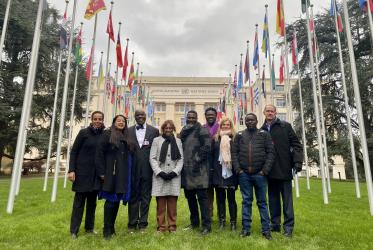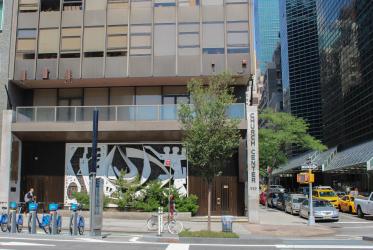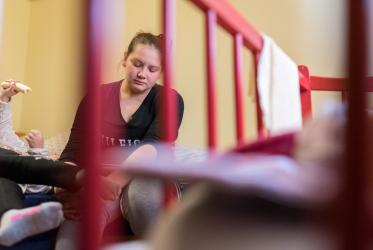Displaying 1 - 20 of 162
What can churches do to prevent modern slavery?
22 February 2024
9th Annual Symposium on the Role of Religion and Faith-Based Organizations in International Affairs
24 January 2023
Online event
In New York City, the spirit of Thursdays in Black is thriving
06 October 2022

